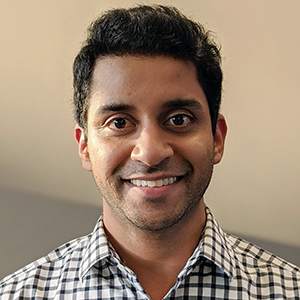JBC names 2021 Tabor young investigators
The Journal of Biological Chemistry has named the winners of the 2021 JBC Herbert Tabor Early Career Investigator Awards. The awards, named after the late editor-in-chief of the journal, recognize early-career scientists with standout first-author papers published in the past year.
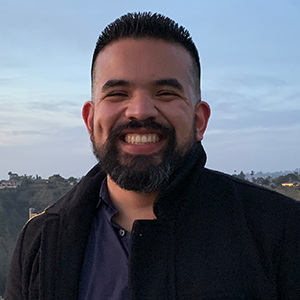
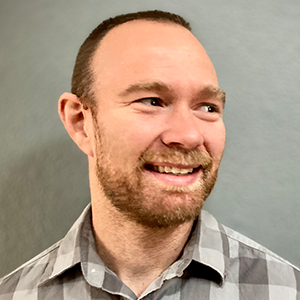
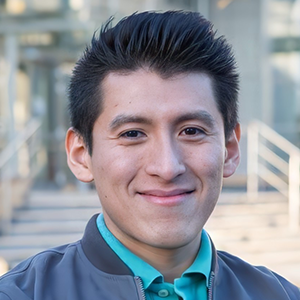
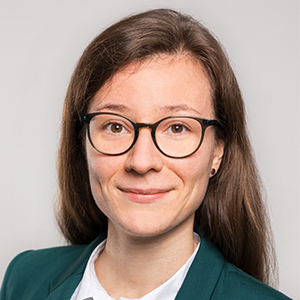
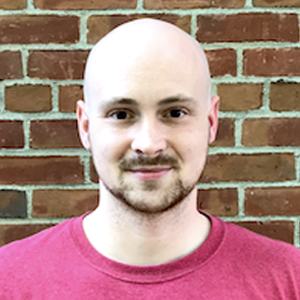
A committee of JBC associate editors, headed up by George DeMartino of The University of Texas Southwestern Medical Center, selected the five winners after reviewing nominations from JBC readers, consulting experts in the field and evaluating the quantitative impact of the papers.
The winners will give talks at the 2021 ASBMB Annual Meeting, which will take place virtually April 27–30.
Tabor award winners from 2020, whose talks were postponed in response to the COVID-19 pandemic, also will present their work at the 2021 meeting.
The winners and their papers are below.
2021 winners
Adrian Arrieta, graduate student at San Diego State University
James M. Burke, postdoctoral fellow at the University of Colorado, Boulder
- Paper: RNase L promotes the formation of unique ribonucleoprotein granules distinct from stress granules
Alejandro Castillo–Kauil, graduate student at the Center for Research and Advanced Studies of the National Polytechnic Institute.
Anne Harbig, graduate student at Philipps–University Marburg
- Paper: Transcriptome profiling and protease inhibition experiments identify proteases that activate H3N2 influenza A and influenza B viruses in murine airways
- Editors’ Pick Highlight: Finding proteases that make cells go viral
Duncan J. Kountz, graduate student at Harvard University
- Paper:MtcB, a member of the MttB superfamily from the human gut acetogen Eubacterium limosum, is a cobalamin-dependent carnitine demethylase
- Editors’ Pick Highlight: Taking the “Me” out of meat: A new demethylation pathway dismantles a toxin’s precursor
2020 winners
Manisha Dagar, graduate student at Amity Institute of Biotechnology
- Paper: Phosphorylation of HSP90 by protein kinase A is essential for the nuclear translocation of androgen receptor
- Editors’ Pick Highlight: Keys to unlock androgen receptor translocation
- ASBMB Today profile: Dagar dissects a prostate cancer driver
Ayumi Nagashima–Kasahara, postdoctoral researcher at the University of Tokyo
Febin Varghese, research associate at Washington State University
- Paper: A low-potential terminal oxidase associated with the iron-only nitrogenase from the nitrogen-fixing bacterium Azotobacter vinelandii
- ASBMB Today profile: Varghese roams from forests to enzymes
Yue Yang, instructor at Weill Cornell Medicine
- Paper: Dihydronicotinamide riboside is a potent NAD+ concentration enhancer in vitro and in vivo
- ASBMB Today profile: Yang follows the science where it takes her
Wehchao Zhao, graduate student at the University of Bonn
Enjoy reading ASBMB Today?
Become a member to receive the print edition four times a year and the digital edition monthly.
Learn moreGet the latest from ASBMB Today
Enter your email address, and we’ll send you a weekly email with recent articles, interviews and more.
Latest in People
People highlights or most popular articles

2026 ASBMB election results
Meet the new Council members and Nominating Committee member.

Simcox wins SACNAS mentorship award
She was recognized for her sustained excellence in mentorship and was honored at SACNAS’ 2025 National Conference.

From humble beginnings to unlocking lysosomal secrets
Monther Abu–Remaileh will receive the ASBMB’s 2026 Walter A. Shaw Young Investigator Award in Lipid Research at the ASBMB Annual Meeting, March 7-10 in Washington, D.C.

Chemistry meets biology to thwart parasites
Margaret Phillips will receive the Alice and C. C. Wang Award in Molecular Parasitology at the ASBMB Annual Meeting, March 7-10 in Washington, D.C.

ASBMB announces 2026 JBC/Tabor awardees
The seven awardees are first authors of outstanding papers published in 2025 in the Journal of Biological Chemistry.

Decoding how bacteria flip host’s molecular switches
Kim Orth will receive the Earl and Thressa Stadtman Distinguished Scientists Award at the ASBMB Annual Meeting, March 7–10, just outside of Washington, D.C.

